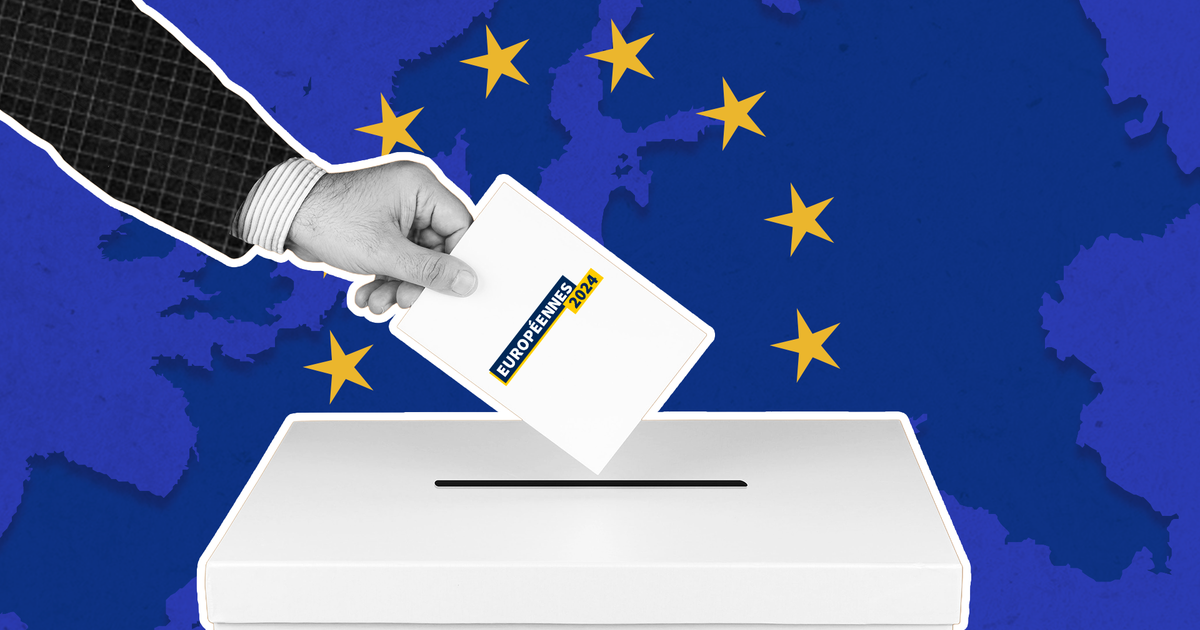European Elections 2024: A Pan-European Political Pulse Check
Around 370 million European voters are heading to the polls from June 6th to 9th to elect the 720 deputies who will represent them in the European Parliament in Strasbourg for the next five years. This pivotal election sees significant political shifts across the European Union, reflecting a broad spectrum of voters' sentiments and preferences.
In Austria, the national-conservative FPÖ party leads with 27% of the vote, while in Germany, the CDU-CSU alliance has secured nearly 30%, dealing a blow to the coalition government led by Chancellor Olaf Scholz. The nationalist AfD party trails with about 16%. In Greece, the conservative New Democracy party is leading with approximately 30%. Meanwhile, in the Netherlands, a coalition of social democrats and environmentalists has taken the lead with 21.6%, followed by Geert Wilders' Freedom Party at 17.7%.
Traditionally, the European Parliament is dominated by the European People's Party (EPP), which includes members such as the German CDU-CSU and the Spanish People's Party (PP). This group previously had 176 deputies. Following were the Socialists and Democrats (S&D) with 139 members, and the liberal Renew Europe with 102 parliamentarians. These groups have historically formed a grand coalition, though their influence might be diminishing.
On the fringes, the radical left group The Left held 37 seats during the previous mandate, and the Greens secured 72 seats. The right-leaning European Conservatives and Reformists (ECR) managed 69 deputies, while the far-right Identity and Democracy (ID) group had 49 representatives at the start. The non-affiliated members, including the Hungarian Fidesz, complete the new Parliament's varied tapestry.
In France, the elections serve as a barometer of national political sentiment. From 8 p.m. on Sunday, results will be available municipality by municipality through interactive maps. The National Rally (RN), led by Jordan Bardella, is poised to perform strongly, with significant implications not just domestically but across Europe, echoing similar far-right gains in Italy and the Netherlands.
- The EU elections are widely regarded as a test of political popularity across the Union. This is evident from the extensive campaign activities led by political figures such as Gabriel Attal and Emmanuel Macron, who have rallied behind candidates like Valérie Hayer of the Renaissance coalition. Macron has cautioned against a robust far-right presence in the European Parliament.
- The counting of votes in France began at 6 p.m., with the first polling stations closing. In major cities like Paris, polling booths remained open until 8 p.m., allowing for a broader range of voter participation. The elections are closely monitored live, with real-time updates and reactions from key candidates.
- The European elections span four days, culminating in results gradually being published after the last votes are cast on Sunday evening. The EU Parliament releases forecasts, projections, and results throughout the night and into the early hours of Monday, providing a comprehensive overview of the election's outcomes.
- The detailed timelines for election results vary by country, with national surveys and pre-election polls providing early insights. For instance, the results from Ireland and the Czech Republic are among the first to be released, followed by those from countries like Germany, Belgium, and Austria. By 11 p.m. on Sunday, most EU member states will have published their preliminary results.






